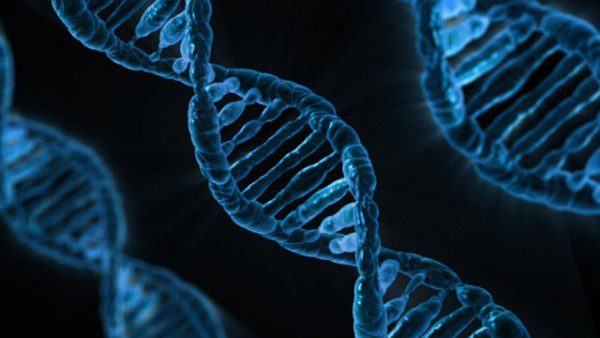
For the first time, American scientists have “edited” the DNA of developing children. The Oregon researchers used a new technology that allows genes to be sliced, diced, and recombined. It had never been used on human beings before in the United States.
Apologists for the procedure emphasize the beneficent possibilities, to cure genetic diseases. But this opens the door to “designer babies.”
But don’t worry, says the news report quoted after the jump. The embryos were discarded just a few days after they were conceived.
As if killing the developing children–and conceiving them in order to kill them–were less monstrous than designing them.From In U.S. first, scientists edit genes of human embryos – CBS News:
For the first time in the United States, scientists have edited the genes of human embryos, a controversial step toward someday helping babies avoid inherited diseases.
According to MIT Technology Review, which first reported the news on Wednesday, the experiment was just an exercise in science — the embryos were not allowed to develop for more than a few days and were never intended to be implanted into a womb.
Officials at Oregon Health & Science University confirmed that the work took place there and said results would be published in a journal soon. It is thought to be the first such work in the U.S.; previous experiments like this have been reported from China.
The Oregon scientists reportedly used a technique called CRISPR, which allows specific sections of DNA to be altered or replaced. It’s much more precise than some types of gene therapy that cannot ensure that desired changes will take place exactly where and as intended. With gene editing, the changes are permanent and would be passed down to any offspring.
The approach holds great potential to avoid many genetic diseases, but has raised fears of “designer babies” if done for less lofty reasons, such as producing desirable traits.
[Keep reading. . .]


















